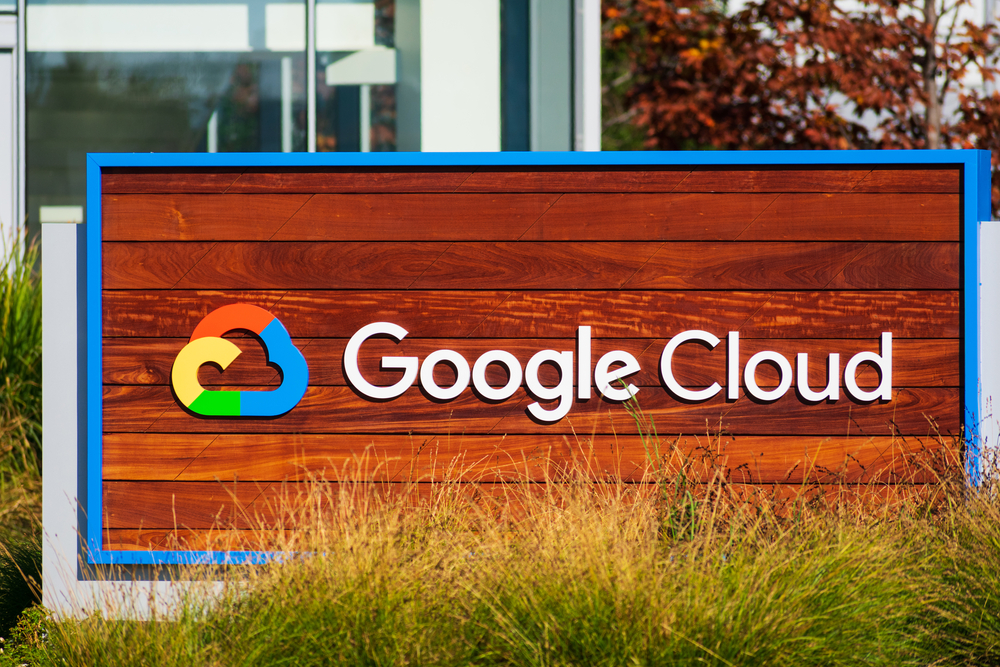
Google announced a slew of new products at its recent Google Cloud Next ’22 conference, including a major update to BigQuery, a new virtual machine family, and integrations and developer tools for Workspace.
Google Cloud is the third largest cloud provider in the world, with a $24 billion run rate, according to Google Cloud CEO Thomas Kurian. In the past two years, it has looked to broaden the viability of Google Cloud by launching new solutions and integrations to have the same comprehensive coverage as Amazon Web Services and Microsoft Azure. Here are some of the major new offerings announced from the conference:
BigQuery
Google Cloud has added support for unstructured data on BigQuery, which expands the capabilities of the SQL interface in the areas of machine learning, speech recognition, text processing, and other highly-unstructured environments.
BigQuery will be unified with some of Google Cloud’s other operational databases. Google also previewed the open-source analytics engine Apache Spark operating inside BigQuery, which should eliminate the integration issues data practitioners have had using these two platforms in the past.
C3 Virtual Machine
Google Cloud has launched the first virtual machine family, which runs on the 4th Gen Intel Xeon Scalable Processor. Google also co-designed an Infrastructure Processing Unit (IPU) that will be operational on these virtual machines.
The virtual machine family, called C3, features a System-on-a-chip (SoC) architecture, which provides more consistent compute, high performance, and low-latency. In announcing the product, Nirav Mehta, senior director of product management at Google Cloud Infrastructure Solutions, said Snapchat has seen a 20 percent increase in performance over the previous generation C2.
See also: Google Cloud AI and ML Offerings
Google Workspace Integrations
Google Cloud made it clear it wants Workspace to be the business application suite for developers through the launch of new integrations and developer tools, which should provide businesses with more ways to leverage Workspace into their own flows.
Google has expanded its smart chips to ecosystem partners to let users access third-party data in flow rather than by switching tabs. AODocs, Atlassian, Asana, Figma, Miro, and Tableau have already confirmed they are building integrations for Workspace.
While Google hasn’t been successful in messaging for consumers, it is hoping the launch of Chat & Meet APIs will interest developers. These can also be integrated into third-party solutions, and Asana and LumApps are already building integrations.
Chronicle Security Operations
Google has combined all of its cybersecurity solutions under Chronicle Security Operations, which is a suite of software that includes security information and event management technology from Google Chronicle and security orchestration, automation, and response solutions from its subsidiary Siemplify.
Going forward, Google will use the Chronicle brand for all of its cloud-based security solutions.
Confidential Space
Confidential space provides a safety barrier for organizations that need to ensure their data is not seen by third parties, whether for commercial or security reasons. This should help ease tension in regards to data sharing and meet regulatory requirements that are coming into law in the European Union and other regions.
Vertex AI Vision
Google has expanded its Vertex AI application development environment to include visual data, which can be ingested, analyzed, and stored. More data than ever is in video format, so it makes sense that Vertex should be able to interact with it.




